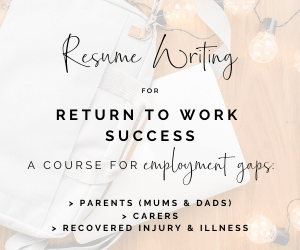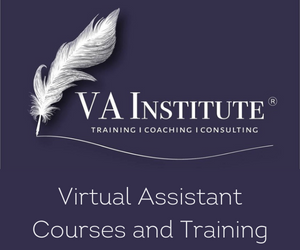I see this time and time again. A great job has been listed and a flurry of applications come in overnight. Some good. Some bad. Some are just plain ugly.
As a job board owner, I get so disheartened and frustrated when I see the way that some of these applications come in from job seekers – it has prompted me to write this article to provide you with just a bit of teeny weeny advice.
Most of us stress and deliberate over job applications for hours when, in fact, the answers are usually spelled out for us.
It is incredible how many people completely ignore the selection criteria of a job advertisement or application and create a cover letter and curriculum vitae that don’t explain their skill set at all.
Once you know what to look for, creating a great job application is easy.
Read the Job Advertisement
It is common to just skim a job advertisement, looking for salary details, job requirements and anything that concerns what you are looking for. Doing this is a fast road to creating an irrelevant application.
After you have skimmed the advertisement and decided it is the right position for you, have another read and decide if you are the right candidate for the position. Look at the job requirements and identify how your skill set fits in and use this as a starting off point.
Remember to:
- Go through the job advertisement with a fine-toothed comb;
- Highlight key words;
- Take note of what is considered “essential” experience and “desirable” experience;
- Look at what the employer is asking for and cater your skills to meet their criteria.
The Importance of Key Words
There are certain key words that any employer will look for on their first look at your CV. These words really do depend of the position in question. Sometimes, it will be computer programs, other times more personality-based but, no matter what, they are normally spelled out in the advertisement.
- Learn to spot the key words and phrases in a job advertisement;
- Re-use key terms in your cover letter;
- Use active verbs when starting points;
- Use powerful adjectives in your descriptions of previous experience
- Take words from the selection criteria and re-apply them in your CV.
How to Address Selection Criteria
- Cut out what isn’t relevant to the job you are applying for: Do this by going through your CV with the selection criteria next to you. No one wants to read through your schooling and work history spanning over 20 years.
- Get straight to the point: Address the criteria and identify what you want from the position and how you can become an asset to the company right away.
- Don’t let employers a chance to become bored by your CV: Pull them in by putting your most relevant recent experience and your goals/ambitions first.
- Demonstrate your capabilities: Do so by providing examples of evidence from former positions.
- Be specific: This relates to when you talk about your roles in each position and your skill-sets.
- Don’t repeat yourself: This is a big no-no, and will bore your potential employer.
- Use numerical indicators where possible: For instance, sale numbers and real results.
- Give qualitative information: This relates to you outlining what you want to achieve in this role and how you intend to do it: This shows that you actually care enough to think about a possible future in the available role.
Take it or leave it, it is up to you. But taking it might make all the difference between getting thrown away in the scrap pile or scoring a job interview.
Good luck in your job search.






